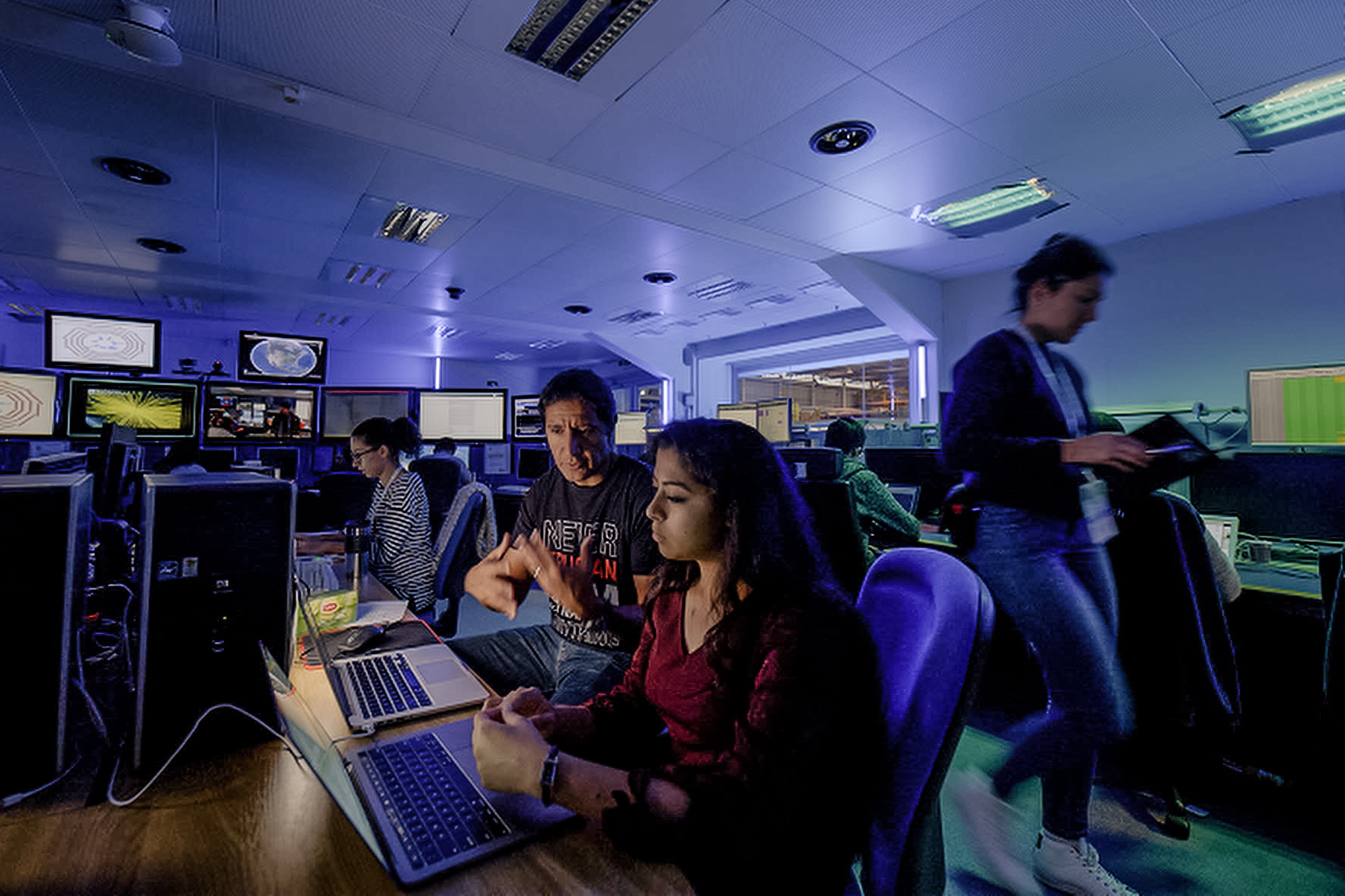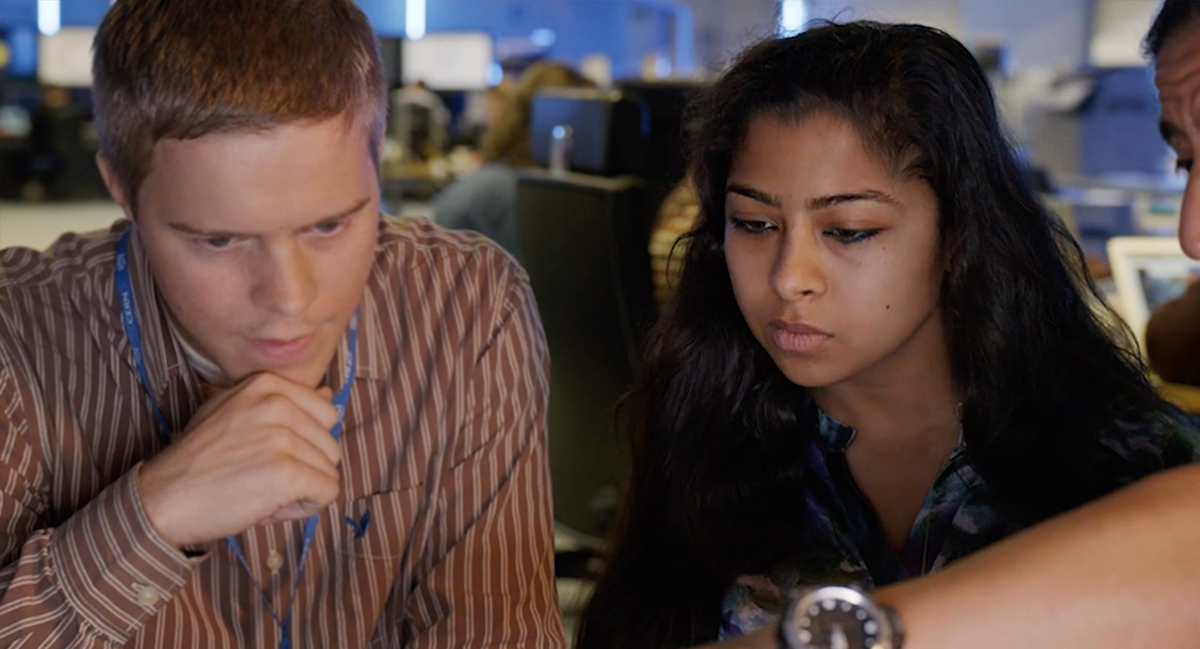In this exclusive video, we sit down with Dr. Santona Tuli, one of the talented young scientists featured in Secrets of the Universe. Below is a written biography from Dr. Tuli herself:
Born and brought up in Dhaka, Bangladesh, I moved to San Antonio, Texas, for college at age seventeen. At the time I wasn’t convinced I wanted to major in physics. In high school, I had a wonderful physics teacher who liked to teach through demonstration and storytelling. Thanks to role models such as him and my father, who also loves to explain things simply and enthusiastically, I loved learning physics and excelled at it in school.
But my interests were still very varied when I arrived at college, and I was open to different possibilities for my studies. Moreover, growing up, my priorities always leaned more towards sports and extracurriculars than towards studies. I played soccer throughout middle and high school, leading my team to championships during my senior year.
Physics eventually found its way into my life – with some gentle nudging from my undergraduate advisor – and I graduated Magna Cum Laude with a major in physics and a minor in mathematics. However, I additionally spent a significant portion of my liberal arts education discovering and exploring my interests in classical studies and anthropology.

Although through the years it became increasingly clear to me that I wanted to pursue a PhD in physics, when I started graduate school in Davis, California, I had yet to figure out what field of physics to specialize in. But when I met the nuclear physics group led by Manuel, I made the decision instantly. Our group has diverse individuals with varied interests, who are eager to help and support each other – especially if it is through organizing a barbecue to celebrate milestones in our journeys.
I enjoy traveling, being outdoors, problem solving and spending time with close friends and family. Being in northern California, I take the opportunity to enjoy its natural beauty extensively. While stationed in Geneva, I explored the neighboring area with my friends from CERN. As with physics, I like to absorb my surroundings by framing what I observe into narratives.

My time working at CERN has been a wonderful growth opportunity. In addition to helping me learn more about nuclear physics with hands-on experience with the experiment, it also allowed me to discover some of my limitations and subconscious biases, and truly learn to work as a team. Once I graduate this summer, I would like to transfer my data and statistics skills into the workforce to help solve problems in public health, climate change or renewable energy. No matter where I end up, I know that I will cherish the life-long memories and connections I have made in graduate school and at CERN.


